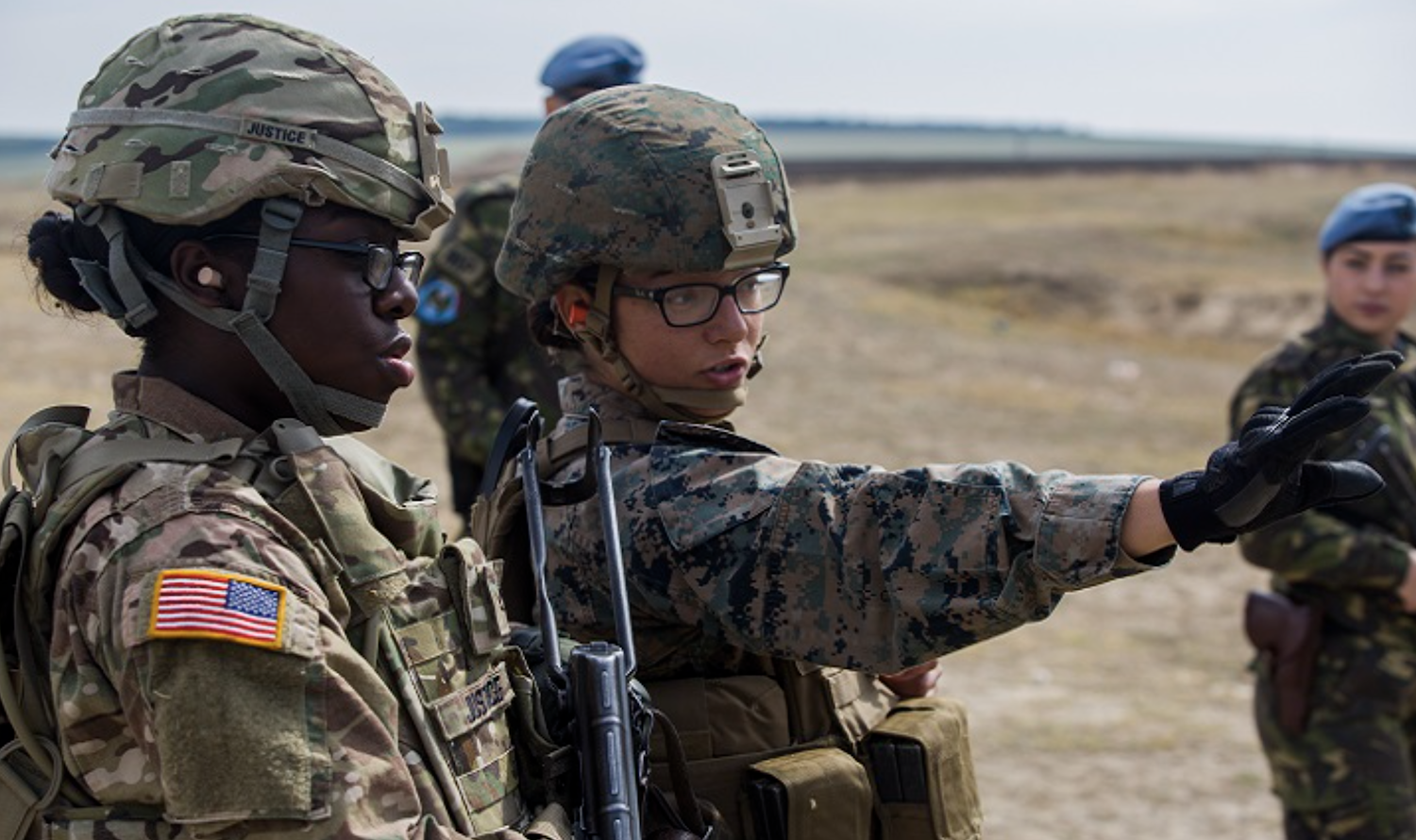Lloyd Austin believes Chinese military will eventually communicate with US.
Secretary of Defense Lloyd Austin: Chinese Military Will Resume Communications with US Counterparts
Secretary of Defense Lloyd Austin expressed his belief that the Chinese military will eventually resume communications with its American counterparts, despite the current lack of progress. This comes after top Chinese military leaders have repeatedly refused meetings with Austin throughout the year, raising concerns among U.S. officials about the potential for unintended incidents or escalations due to a lack of communication between two major military powers.
The People’s Liberation Army’s silent treatment towards the U.S. military has been ongoing for about 18 months, during which they have engaged in more aggressive and risky maneuvers towards American personnel. However, Austin remains optimistic about the future of communication between the two nations.
“I’m confident that over time, that’s going to happen. We’re going to meet at some point in time, but we’re not there yet,”
Austin made these remarks during a press conference in Brussels after meeting with his NATO counterparts. He acknowledged that he hasn’t reached out to his Chinese counterpart, Minister of National Defense Li Shangfu, since their brief encounter at the Shangri-La Summit. While they shook hands, there was no substantive exchange, and the Chinese declined a U.S. invitation for a meeting between Li and Austin.
Despite the lack of progress, Austin emphasized that the door for communication remains open:
“My phone line is open, and so, you can pick up the phone and call at any time, and we will continue to work to make sure that we have open lines of communication.”
Austin also stressed the importance of countries with significant military capacity having the means to talk to each other to manage potential crises and prevent unnecessary escalation.
Secretary of State Antony Blinken will be traveling to Beijing in the coming days to further address the issue and reduce the risk of miscalculations or escalations. Assistant Secretary Daniel Kritenbrink, who leads the State Department’s East Asian and Pacific Affairs Bureau, described these engagements as critical and emphasized the need to avoid potential conflicts.
The trip comes shortly after the revelation that the Chinese government has established an intelligence outpost in Cuba since at least 2019. Kurt Campbell, the White House National Security Council’s coordinator for Indo-Pacific affairs, emphasized the importance of intense diplomacy in managing tensions and working together where interests align.
In recent weeks, the Chinese military has engaged in a series of dangerous incidents, including the harassment of U.S. ships and planes in the Indo-Pacific region, following the incident involving a Chinese spy balloon flying over sensitive military locations in the continental United States.
" Conservative News Daily does not always share or support the views and opinions expressed here; they are just those of the writer."





Now loading...